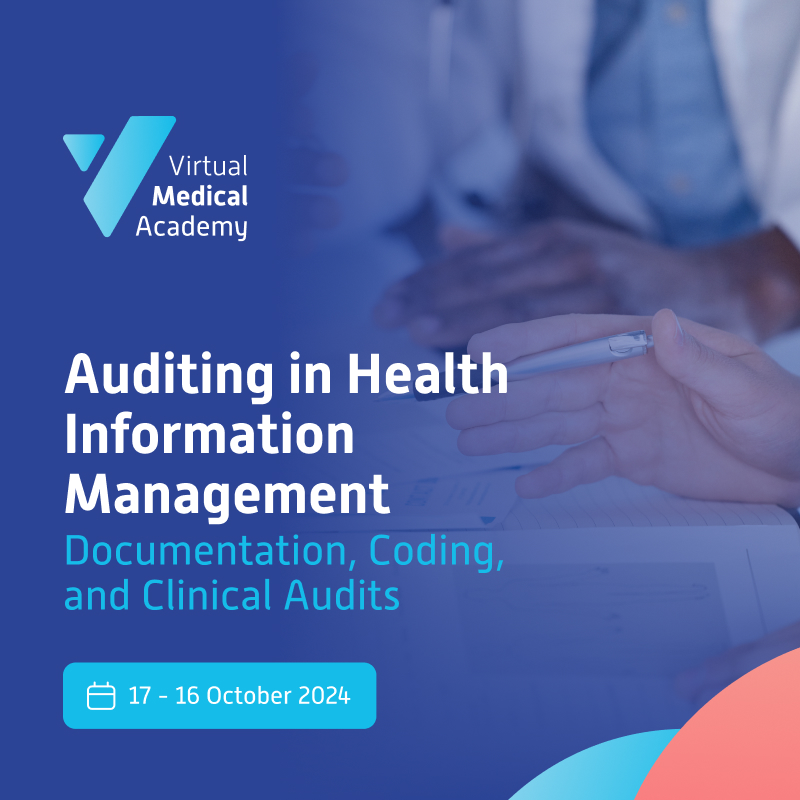Introduction
Health information and Medical coding accuracy can affect several aspects of your practice, including your compliance risk and revenue streams. Auditing can assist with improving coding quality and documentation support, enabling you to lower risk and ensure accuracy of revenue.
Coding and Documentation audit reviews can help your organization:
• Identify current documentation, coding, and reimbursement improvement opportunities and compliance with health policies and guidelines
• Locate services not reported and untapped areas of reimbursement
• Correct misuse of Health Information Systems (HIS), electronic medical records within documentation by implementing regular internal and external audit reviews and analysis to provide ongoing improvement checks for your coding and documentation practices.
Your Hospital /Cluster can experience benefits such as:
• Maintained compliance: Audit reviews can address coding compliance concerns within your documentation and coding processes. They enable you to stay updated on new coding standards, new laws and regulations by CHI/CNHI and may help you identify areas of risk for improvement to mitigate claim recoupments.
• Saved time and money: Accurately coded and documented claims can lead to fewer rejections and denials. Audits help you quickly identify and correct such concerns and issues allowing more claims paid on time and while eliminating the duplicative work caused by denials.
• Improved internal processes: Coding and Documentation audit can uncover improvement opportunities to include efficiencies in processes and reimbursement. Ongoing annual audit reviews ensure your Hospital/Cluster is following proper internal processes and procedures that result in quality medical coding.
The accuracy of clinical coding is vitally important for all groups who use the resulting databases for the purposes of health services research, allocation of funding, evaluation of health services and clinical interventions, and health services planning. A variety of quality improvement techniques are used to assess the accuracy of clinical morbidity coding, and to introduce changes such as coder and clinician education, clinical documentation integrity, software edits, and coding standards, all of which aim to address issues identified in the accuracy assessment process. Audits are performed by various organizations including health authorities and other funders/payers (such as Ministry of Health, CBAHI, CNHI, CCHI, insurance companies), research groups, individual health services, and other agencies with a vested interest in coded data quality (such as the National Health Information Center NHIC, and the National Case-mix Center of Excellence NCCoE). These audits include statistical analysis of morbidity databases, using Performance Indicators for Coding and Documentation Quality, to identify compliance with coding standards, and medical record recoding audits, which also assess code selection and sequencing based on medical record content.
Objectives
"By the end of the course, learners will be able to:
- Discuss Compliance, Law and Ethics in healthcare
- Describe Fraud in Healthcare and why Audit?
- Describe Documentation Audit, Clinical Coding Audit and their differences.
- Recognize the purposes and differences between internal and external audits
- Recognize the characteristics of a Professional Auditor
- Identify the steps and goals of a clinical coding and Documentation audit
- Discuss audit tools and audit reporting in clinical coding Documentation
- Conduct coding and documentation auditing activities
- Explain how to write Professional Audit Reports
Main theme
Course Language: English & Arabic
This Course For :
Speaker
Price
Course Fee
Full Course
 460
460 See Registration Policies, Cancellations & Refunds
Contact Information
Organization : Virtual Medical AcademyPhone : 920008161
Email : [email protected]
 460
460
VAT Included
-
 07:00 PM To 09:00 PM
07:00 PM To 09:00 PM  Certificate Available
Certificate Available  Online
Online
- 3




